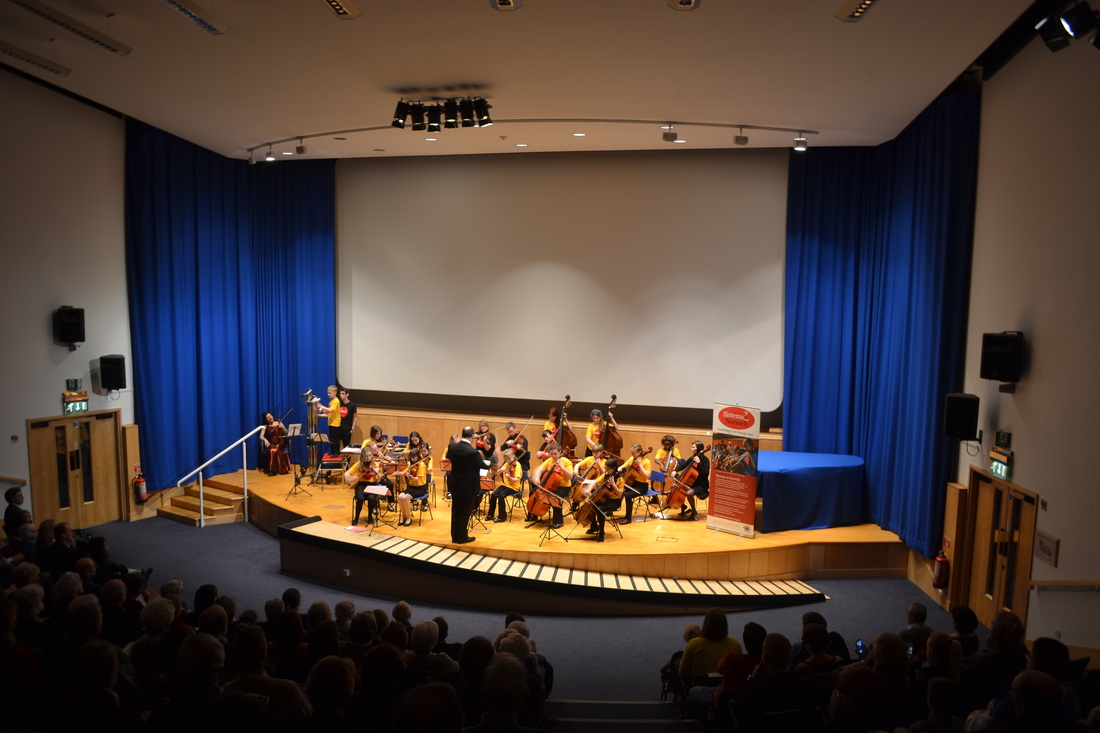I have thought about doing this for a while, now. I want to write a little bit about music exams, my approach to them as a music tutor, and why I feel they are a valuable part of music education.
There often seems to be something of a divide in the music world about grade exams. Plenty of people I know have criticised the system, saying that exams are unnecessary; I suppose this is true, insofar as it is possible to be an extremely good player without ever having taken an exam – then again, you could say it’s not strictly ‘necessary’ to insure your musical instruments against damage or theft either, but it’s still pretty useful!
Another major criticism I sometimes come across when talking about exam work is that the system is flawed because music – like all art – is inherently subjective, and so can’t truly be ‘judged’ by anyone else. Again, there is some truth in this; the various exam boards (I currently use Trinity, ABRSM and Rockschool) do an excellent job of ensuring their examiners adhere to very strict guidelines about judging performances, and ensuring a high level of consistency of marking across the board – but yes, despite this, there will always been an element of subjectivity.








